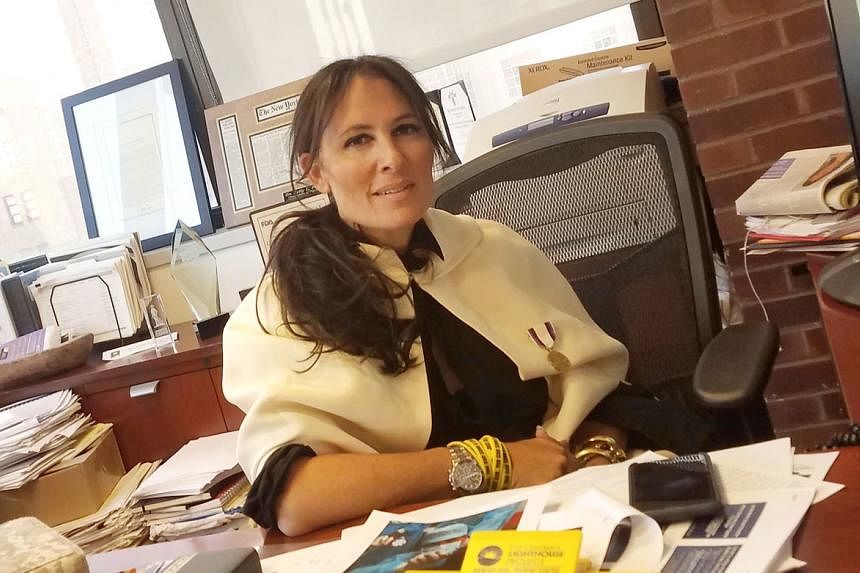Across the United States, while deaths from cancer and Aids have been declining, deaths from suicide have been climbing.
In June, the Centres for Disease Control and Prevention (CDC) released data showing a 25 per cent rise in suicides in America between 1999 and 2016. That same month, two celebrities took their own lives within the space of a week - designer Kate Spade, and chef and TV host Anthony Bourdain.
Separately, the Veterans Association last month said that while the suicide rate among all veterans had fallen slightly, the rate among younger ones had risen dramatically. Overall, 20 veterans take their own lives in the US every day, far more than the number of US soldiers killed when deployed in combat zones.
America's suicide rate is not out of line with those of other developed countries; Belgium and South Korea have more suicides per 100,000 population. Globally, suicide is the leading cause of death for teenage girls.
But suicide is preventable - and sometimes prevention is just about asking the right questions. "We have to identify, find the people suffering in silence," said Dr Kelly Posner Gerstenhaber, a professor of psychiatry and founder-director of The Columbia Lighthouse Project.
Dr Posner developed an early risk assessment tool which has been adopted widely across the globe and proven highly effective. When the US Marine Corps adopted it, suicides among active-duty marines went down 22 per cent.
The Columbia Suicide Severity Rating Scale is a series of simple questions that anyone, from a janitor in a school to a policeman responding to an emergency call, or from co-workers to an in-house doctor in a corporation, can ask. The answers help to identify whether someone is at risk of suicide and assess the severity and immediacy of that risk.
The questions ask if the idea of suicide has crossed the person's mind; if he has ever made any preparations for suicide; and if he has ever attempted suicide and why he stopped. It is about breaking the silence, said Dr Posner.
Research shows 50 per cent of people who die by suicide see their general primary care doctor in the month before they die. If doctors knew to ask the right questions, more suicides could be prevented.
Suicide has a ripple effect on families and friends, lingering across generations, affecting at least 135 people, research shows. Detecting a potential or imminent suicide thus has vast positive effects; 90 per cent of mass shooters in the US, for instance, have suicide issues.
There is a plethora of environmental factors that affect suicide - from economic hardship to access to a gun. Two thirds of gun-inflicted deaths - not including the victims of mass shooters - are suicides.
But the key underlying issue is depression.
According to the CDC, between 2013 and 2016, 8.1 per cent of Americans aged 20 and over had depression in a given two-week period. Women were almost twice as likely as men to have had depression.
"Suicide is not a choice," Dr Posner said in an interview at Columbia University in Manhattan. "The biggest cause of suicide is a genetic treatable medical illness, most often depression. Depression is the No. 1 cause of disability across the globe. It costs humanity more than anything.
"Not treating depression kills people. The sad global fact is most people who need treatment don't get it. Fifty to 75 per cent of those in need receive no treatment or inadequate treatment because of the stigma, the misunderstanding, because of not thinking of depression as a mental illness."
The Columbia Lighthouse Project has estimated that globally, the cost of people not working to the best of their ability because of depression is US$1 trillion (S$1.38 trillion) annually. Hearing things like "snap out of it" and believing one will be seen as weak if one asks for help are common barriers to seeking and receiving treatment.
"We don't think about depression the way we think of cancer or the way we think of asthma. If somebody has asthma they would have an inhaler," said Dr Posner.
"You can do important things like putting up barriers on bridges but what you really need to do is facilitate identification and treatment. We need to be asking questions the way we monitor blood pressure."

